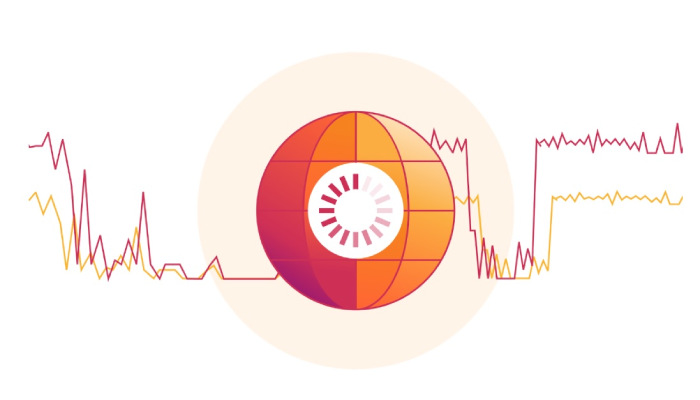Middle East and Africa face cable cuts, cyberattacks, and power outages, underscoring the need for digital resilience
Cloudflare’s Q3 2025 Internet Disruption Report paints a sobering picture of the world’s digital connectivity, revealing how a complex web of submarine cable failures, cyber incidents, and government-imposed shutdowns continues to fragment the global Internet. Cloudflare’s Radar platform, which monitors Internet traffic patterns worldwide, documented major outages between July and September 2025 — including several across the Middle East and Africa (MEA).
The report underscores how fragile the digital backbone remains even as global reliance on connectivity deepens. “Every disruption, whether caused by a power failure or policy decision, is a reminder that resilience must be designed into every layer of the Internet,” noted a Cloudflare spokesperson.
“The Internet’s growing fragility is no longer an exception — it’s the new reality.”
MEA Connectivity Under Strain
The UAE saw a 28% drop in traffic on July 17 following a submarine cable cut that disrupted multiple ISPs. In Egypt, a fire at a major telecom facility crippled national connectivity, while Sudan, Syria, Iraq, and Afghanistan experienced government-directed Internet blackouts coinciding with sensitive political or security events.
Elsewhere, Tanzania’s nationwide power outage led to steep declines in traffic, and Yemen suffered a targeted cyberattack that briefly isolated local networks from the global Internet.
A Global Pattern of Vulnerabilities
Similar disruptions were recorded worldwide — from government shutdowns in Venezuela to submarine cable faults in Southeast Asia and anomalies in China’s Great Firewall, which injected forged TCP resets that disrupted encrypted traffic.
Cloudflare’s Radar platform now provides real-time regional traffic insights, helping researchers, ISPs, and policymakers identify the cause and impact of such events.
As the digital economy races ahead, the report’s findings make one truth evident: internet resilience is no longer optional—it’s fundamental to stability, security, and trust in the connected world.


